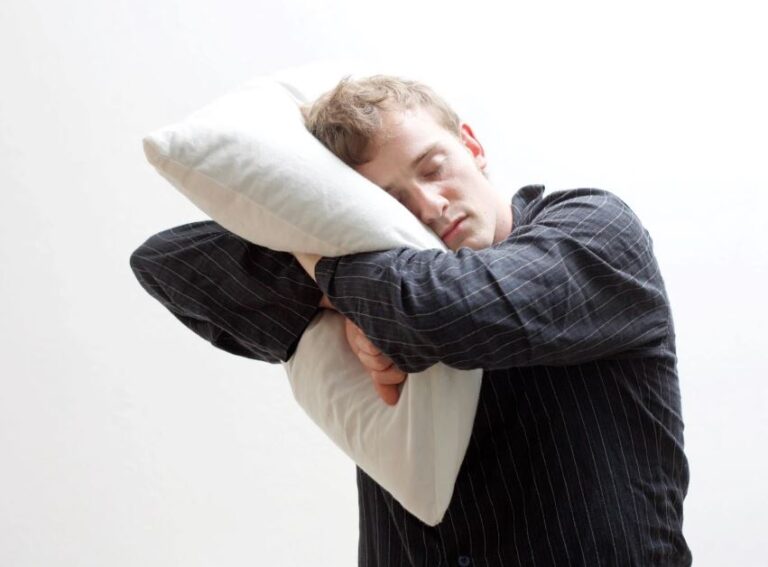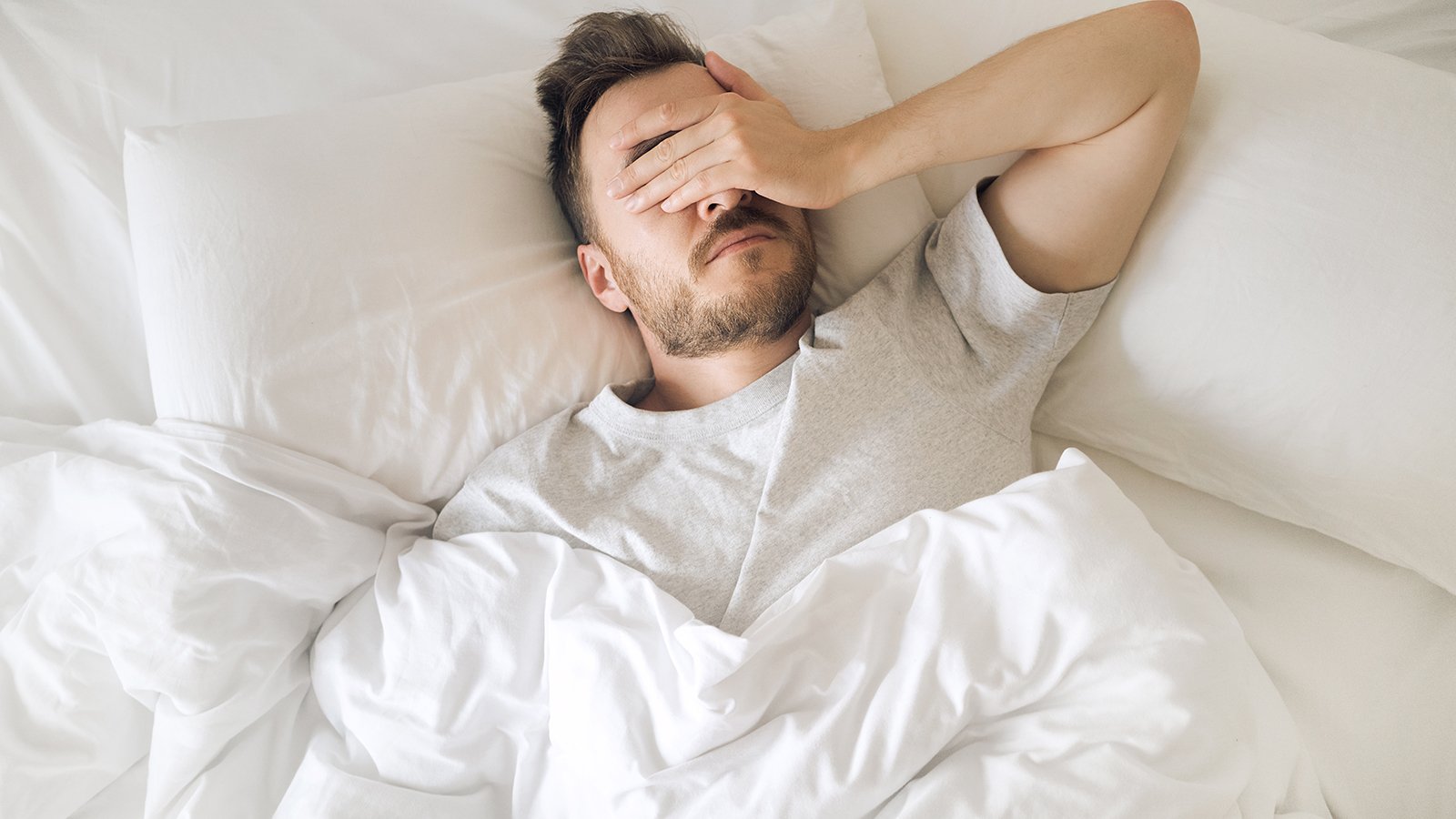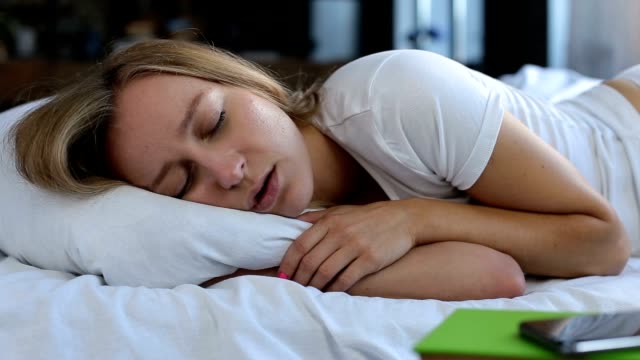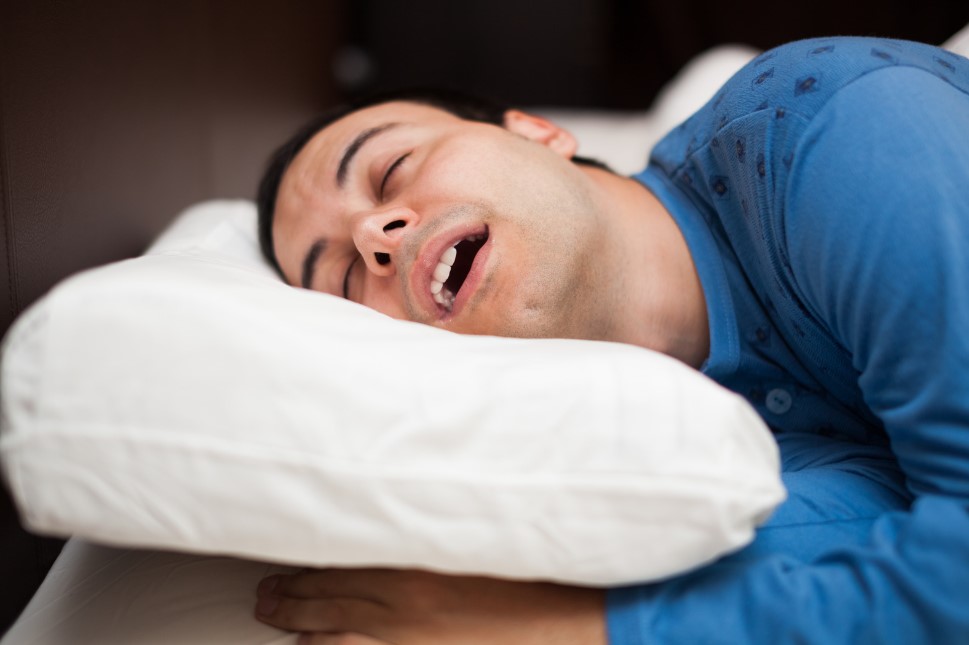Sleep Disorders
Sleep disorders encompass a range of conditions that impact the quantity, timing, and quality of sleep. These conditions can affect general health and wellbeing as well as interfere with regular sleep habits.

Upper Airway Resistance Syndrome
A sleep ailment known as Upper Airway Resistance Syndrome (UARS) is typified by the upper airway constriction that occurs during sleep and increases airflow resistance. While UARS does not significantly lower blood oxygen levels like obstructive sleep apnea does, it can nevertheless lead to frequent awakenings and disturbed sleep.
To boost general well-being, lessen symptoms during the day, and improve the quality of sleep, UARS must be properly managed.
Snoring
Snoring is a frequent condition marked by a harsh or raspy sound produced during breathing when air passes over loosened throat tissues, causing them to vibrate. Although generally harmless, it may indicate underlying medical problems and have an effect on the quality of sleep for both the snorer and their partner.
Snoring has a major negative impact on both general health and the quality of sleep. Persistent or severe snoring should be assessed by a healthcare provider to rule out underlying problems like obstructive sleep apnea and to decide the best course of therapy, even though it is frequently controllable with lifestyle modifications and medication treatments.


Sleep Walking Or Talking
Parasomnias, or abnormal behaviours that occur during sleep, include sleepwalking (somnambulism) and sleep talking (somniloquy). When someone sleepwalks, they wake up and move around while remaining unconscious, frequently with their eyes open but their faces expressionless. Sleepwalking can involve a variety of behaviours, from safe to hazardous.
Contrarily, sleep talking refers to speaking or making noises while you’re asleep, usually without realizing it or remembering it afterwards. Although they are more prevalent in youngsters, both illnesses can last into maturity. Certain drugs, alcohol usage, stress, and lack of sleep can all lead to these behaviours.
Sleep Apnea
Sleep apnea is a sleep disorder characterized by repeated interruptions in breathing during sleep. These disruptions, known as apneas, can last anywhere from a few seconds to several minutes and frequently happen repeatedly during the course of the night. Obstructive sleep apnea (OSA), the most prevalent kind, is caused by sporadic relaxation of the throat muscles that obstructs the airway.
Less frequently occurring, central sleep apnea (CSA) is characterized by an inability of the brain to properly communicate with the muscles that regulate breathing. Loud snoring, gasping for air as you sleep, excessive daytime tiredness, and trouble concentrating are some of the symptoms. Sleep apnea can cause major health issues like high blood pressure, heart disease, and stroke if it is not treated.


Restless Sleep
A person with restless sleep has frequent disruptions to their sleep, which lowers the quality of their sleep. Tossing and turning, frequent awakenings, trouble falling or keeping asleep, and feeling lethargic when you wake up are a few examples of these disruptions.
Numerous factors, such as stress, worry, discomfort, an unbalanced sleeping environment, or underlying sleep disorders like sleep apnea or restless legs syndrome (RLS), can contribute to restless sleep. Chronic insomnia can lead to daytime drowsiness, agitation, difficulties focusing, and a general decline in quality of life. Enhancing sleep quality can be achieved by treating underlying issues and practicing excellent sleep hygiene.
Noisy Breathing
A partial blockage of the airway is frequently the cause of strange sounds made during breathing, which are referred to as noisy breathing, stridor, or stertor. Usually low-pitched, stertor sounds like snoring and happens during inhalation. A stridor is a high-pitched wheezing sound that happens as you breathe in or out and suggests a more serious obstruction in your upper airway.
Infections, allergies, asthma, foreign objects in the airway, and anatomical anomalies are some of the conditions that can cause noisy breathing. Finding and treating the underlying reason is crucial since noisy breathing that persists over time can cause respiratory discomfort and other issues.


Mouth Breathing
The practice of breathing through the mouth as opposed to the nose is known as mouth breathing. Mouth breathing is natural on sometimes, but it can cause a number of health problems if it occurs frequently. It could be brought on by allergies, nasal congestion, physical characteristics, or habits.
Breathing through your mouth can cause foul breath, dry up your mouth and throat, raise your risk of dental issues, and interfere with your ability to sleep. Resolving the root cause, such as allergies or nasal congestion, can promote more organic nasal breathing and ease related symptoms.
Loss Of Morning Freshness
Loss of morning freshness refers to waking up feeling unrefreshed or not fully rested despite having slept. Numerous things can cause this, including insufficient sleep length, stress, sleep disorders like insomnia or sleep apnea, disrupted sleep cycles, and poor quality of sleep.
Fatigue, irritation, trouble concentrating, and a lack of energy throughout the day are some symptoms. Regaining morning freshness and enhancing general wellbeing can be achieved by enhancing sleep hygiene, treating underlying sleep problems, and sticking to a regular sleep pattern.


Daytime Tiredness
Daytime tiredness is the term used to describe the persistent sensation of being sleepy or exhausted during the day after going to bed. Numerous things, including irregular sleep schedules, stress, medical illnesses, sleep disorders (including sleep apnea or restless legs syndrome), inadequate sleep duration, low quality sleep, and insufficient sleep, might contribute to it.
Fatigue during the day might affect one’s ability to focus, be productive, feel happy, and live a better overall. Taking care of underlying issues, maintaining appropriate sleep hygiene, and getting medical attention if symptoms worsen during the day can all help reduce fatigue throughout the day and enhance everyday functioning.
Daytime Sleepiness
Daytime sleepiness is the term used to describe being overly sleepy or having a strong desire to sleep during the day, especially when one should be awake and engaged. It can be brought on by inadequate sleep at night, irregular sleep schedules, sleep disorders like narcolepsy or sleep apnea, specific drugs, lifestyle choices like drinking too much alcohol or coffee, and underlying medical issues.
Sleepiness during the day can have negative effects on mood, decrease cognitive performance, and raise the chance of mistakes or accidents. Reducing daytime sleepiness and increasing daytime alertness can be achieved through controlling sleep hygiene, treating sleep disorders, and changing lifestyle habits.

